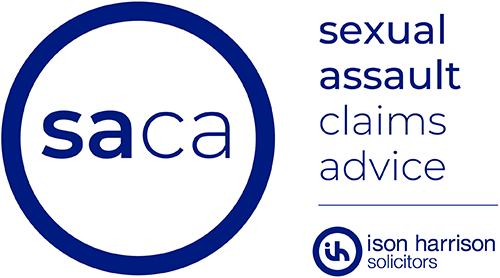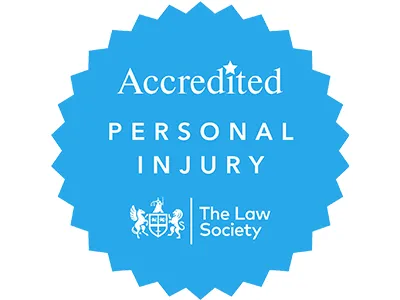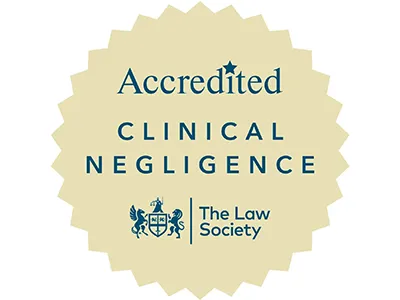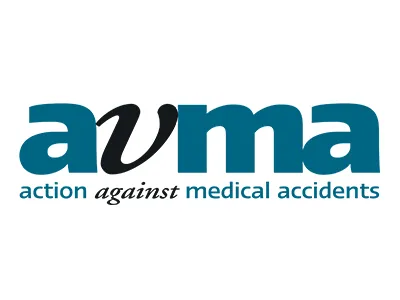For many survivors of sexual assault, the trauma does not end with the event itself. It lingers – in flashbacks, in disrupted sleep, in overwhelming anxiety, and in a quiet but relentless sense of fear. These psychological wounds can shape every aspect of life: work, relationships, health, and self-worth.
At Ison Harrison, we recognise that what follows a sexual assault can be just as harrowing as the event itself. That’s why we offer not only legal representation but informed, compassionate support for those living with the long-term impact of trauma. If you or someone you care about is coping with the aftermath of sexual violence, know that you are not alone and there are legal pathways available to help you rebuild.
What PTSD Feels Like After Sexual Assault
Post-Traumatic Stress Disorder (PTSD) is not just a clinical label. For survivors, it can mean vivid, intrusive memories that strike without warning. It can mean avoiding people or places that remind them of what happened, or feeling emotionally numb to the world around them. In more complex cases, especially where abuse or assault was repeated over time, survivors may experience Complex PTSD—a condition that can distort self-image and make even daily tasks feel unmanageable.
The NHS describes PTSD as an anxiety disorder caused by distressing or frightening events. In legal terms, it is a recognised psychological injury – and one that can form the basis of a claim for compensation.
Legal Routes to Compensation for Psychological Trauma
Seeking justice after a sexual assault is never easy, and for some, confronting the legal system may feel daunting. But there are several routes through which survivors can claim compensation for PTSD and related mental health conditions – each designed to acknowledge harm and offer practical support for healing.
- Civil Claims Against the Offender
If the perpetrator is known and has the financial means to pay compensation, it may be possible to bring a civil claim directly against them. While this route is not always suitable, it allows survivors to seek damages for emotional suffering, therapy costs, and lost income – on their own terms.
- Claims Against Organisations That Failed in Their Duty of Care
In some cases, the assault took place within a setting where someone else should have protected you—a school, a workplace, a care institution. When such bodies fail to act on warning signs or create safe environments, they may be legally liable. These cases are complex, but they are also essential in exposing systemic failings and preventing further harm.
- Applying to the Criminal Injuries Compensation Authority (CICA)
The CICA is a government-funded scheme that provides compensation to victims of violent crime, including those who have suffered sexual assault. Crucially, a conviction is not necessary—only that the assault was reported to the police. Compensation can be awarded for diagnosed psychological injuries such as PTSD, even when the offender is unknown or not prosecuted.
What Can Be Claimed For?
Compensation is not just about money. It’s about recognition, support, and the chance to recover with dignity. Claims can cover:
- General damages for pain, suffering, and emotional distress
- Medical costs, including therapy, counselling, and psychiatric support
- Loss of earnings, both past and future
- Long-term care, where psychological injuries affect daily functioning
The amount awarded depends on the severity of the trauma and the impact it has had on your life. Tools such as the Judicial College Guidelines and CICA tariff tables help determine appropriate levels of compensation.
What Evidence Is Needed?
Survivors often worry about what they will need to ‘prove’ in order to make a claim. While the legal process does require some evidence, our team handles this with sensitivity and care. Typical supporting documents may include:
- Medical records or GP referrals
- Psychological assessments or psychiatric reports
- Police reports or crime reference numbers
- Statements from family, friends, or professionals
We understand how difficult it can be to revisit what happened. Our role is to make that process as manageable and respectful as possible.
Why Choose Ison Harrison?
We are proud to be one of the few law firms with a dedicated team experienced in supporting survivors of sexual violence. Here’s what you can expect from us:
- A trauma-informed approach from day one
- No Win, No Fee representation to minimise financial risk
- Expertise in CICA claims, civil litigation, and institutional liability
- Absolute discretion, dignity, and empathy at every stage
Whether you want to talk, ask questions, or simply explore your options, we are here for you, without pressure or judgment.
Take the First Step
Reaching out is not a sign of weakness—it’s the beginning of taking back control. If you’ve experienced sexual assault and are living with the effects of trauma, you deserve to be heard, supported, and compensated. Call us on 0113 284 5000 or email [email protected].







